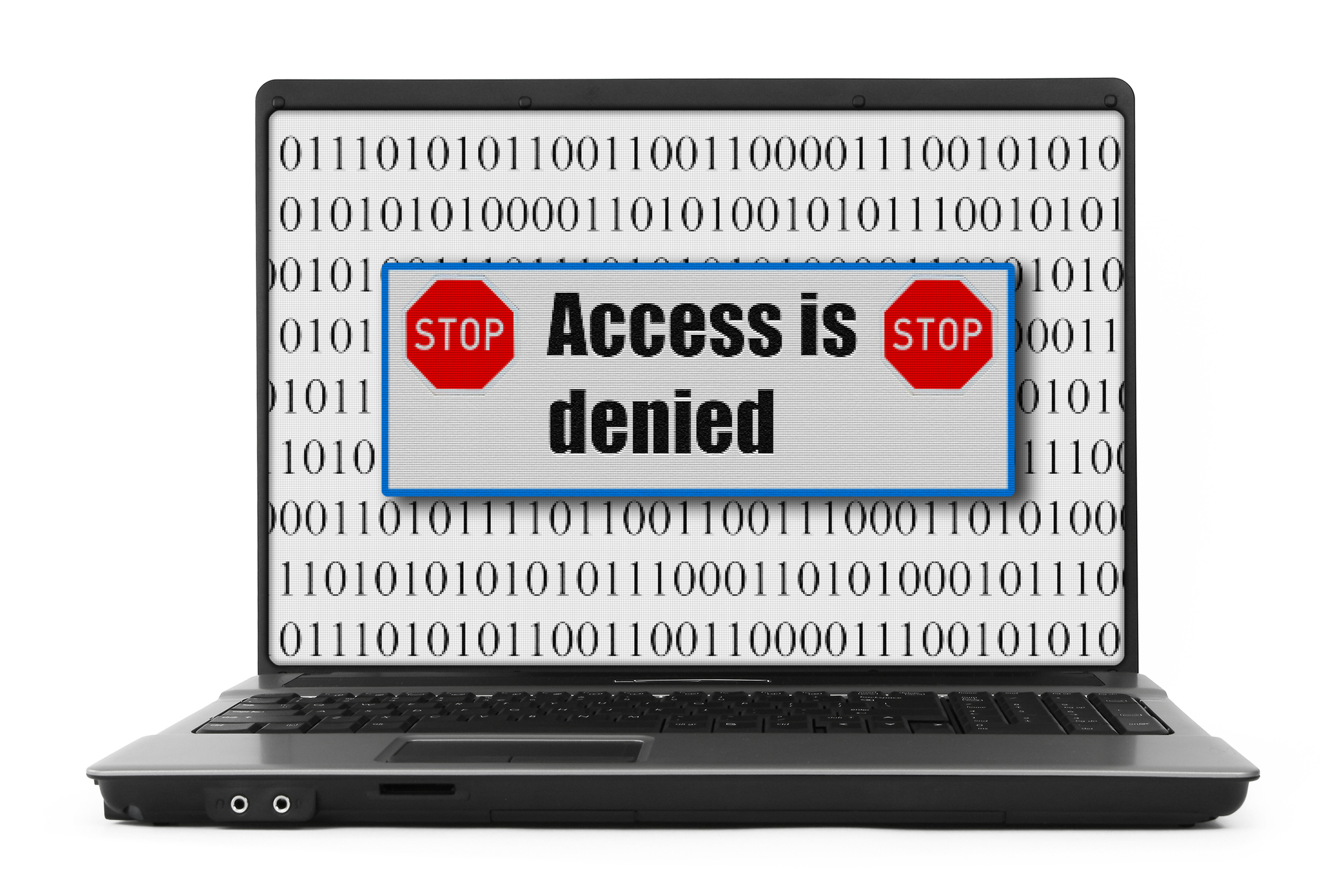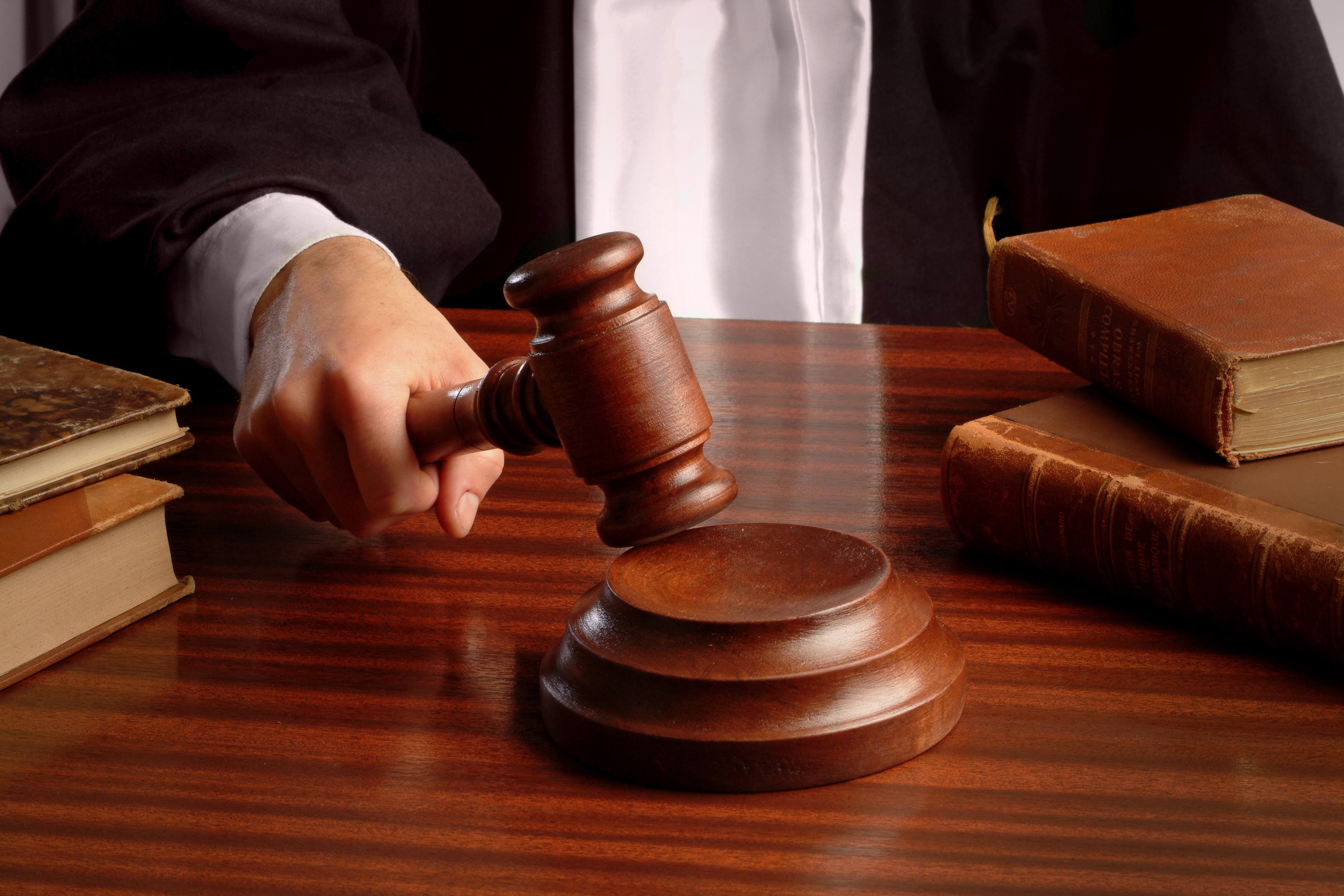Government consults on porn site age checks
Porn sites would be required to introduce strict age checks to keep out children

The UK government has launched a public consultation for plans to introduce age checks on pornography websites, with internet providers, charities, academics and more being asked to contribute.
Under the proposals, all sites containing pornographic material will have to introduce strict age checks to ensure users are over 18 years old. This applies to all content that would be given an 18 or R18 rating by the BBFC.
Internet Safety and Security Minister Baroness Joanna Shields said: "The internet is a tremendous resource for learning and creativity but it is important to make sure that children are able to make the most of all it has to offer in a safe way. Keeping children safe online is one of the government's greatest priorities.
"Just as we do offline, we want to make sure children are prevented from accessing pornographic content online which should only be viewed by adults."
Under the new rules, regulators will be given the power to enforce the law and monitor compliance by commercial pornography providers.
The legislation would allow the government to impose civil sanctions where breaches are found but sites will, however, be given control over how they set age verification controls.
"We all have a responsibility to protect our children and face up to new challenges presented by the internet," said Karen Bradley, minister for preventing abuse, exploitation and crime. "Our objective is clear - we want to protect children from distressing or unrealistic images of sex and from content that can harm them.
Sign up today and you will receive a free copy of our Future Focus 2025 report - the leading guidance on AI, cybersecurity and other IT challenges as per 700+ senior executives
"I work closely with victims and survivors of sexual abuse, and every young person that I have spoken to who has experienced abuse themselves has told me that action needs to be taken to restrict access to pornography by children. Today is about holding companies to account, shielding young people from material that they should not be able to access and protecting their childhood."
It was thought that EU-wide net neutrality laws could delay the government's previous pledge to ban ISPs from enabling porn access by default. By introducing more comprehensive age checks, however, the responsibility of protecting children from pornographic content is placed in the hands of the sites instead.
17/07/15: EU net neutrality laws 'could delay PM's porn filter plans'
EU-wide net neutrality laws may spoil Prime Minister David Cameron's plans to ban ISPs from letting users access porn by default, if they are implemented.
The net neutrality code proposed by the EU means that internet traffic is treated the same across all EU member states, thus stopping governments from blocking access to websites.
The Single Telecom Market proposal would also mean that parental controls can only be put in place with consent from the user, making default blocks impossible.
But the Department of Culture, Media and Sport told The Telegraph: "We are now exploring options and will be providing an update once a course of action has been agreed. We take great pride in our world-leading approach to child online safety and would never accept a position which diminished our ability to protect children online."
The government has installed a third-party regulator to overlook the plans, ensuring ISPs have sufficient measures in place, though ISPs including Sky, BT and TalkTalk already block porn by default now.
Cameron proposed the initiative following a Childline poll that revealed a tenth of 12 to 13-year-olds are concerned they may be addicted to pornography.
Culture secretary Sajid Javid said the process would be no different than adults being asked to prove their age when buying a porn DVD or magazine. "With the shift to online, children can access adult content on websites without restriction, intentionally or otherwise," he told the BBC. "That is why we need effective controls online that apply to UK and overseas. This is about giving children the best start in life."
He added: "We do not want to prevent adults from accessing legal content but we do want to protect our children from harmful material, so they are free to develop a healthy attitude to sex and relationships."
In addition to ensuring ISPs are adhering to the rules with a regulatory body conducting checks, there would be extra measures to check ages as people try to access the websites. For example, some countries have introduced electronic ID cards that check a user's identity as they try to enter.
Javid said introducing such initiatives may occur in the future, but that the final decision would be down to the regulatory body. "The key thing is, it's not for me or politicians to decide what's effective. That will be the job of a regulator, but it is possible," he said.

Clare is the founder of Blue Cactus Digital, a digital marketing company that helps ethical and sustainability-focused businesses grow their customer base.
Prior to becoming a marketer, Clare was a journalist, working at a range of mobile device-focused outlets including Know Your Mobile before moving into freelance life.
As a freelance writer, she drew on her expertise in mobility to write features and guides for ITPro, as well as regularly writing news stories on a wide range of topics.
-
 ISPs to rollout default porn blocks by 2014, reveals MP
ISPs to rollout default porn blocks by 2014, reveals MPNews Internet service providers will need to provide switched-on parental filters as standard.
-
 Government rejects ISP porn filter proposals
Government rejects ISP porn filter proposalsNews Ministers claim the plans were not widely supported.
-
 ACS:Law and porn licensee client shut down
ACS:Law and porn licensee client shut downNews ACS:Law and its client MediaCAT have both gone out of business, according to reports.
-
 ISPs encouraged to block porn sites
ISPs encouraged to block porn sitesNews Communications minister Ed Vaizey urges broadband providers to block porn sites from their customers.
-
 Porn and social networking named top mobile IT worries
Porn and social networking named top mobile IT worriesNews Mobile workers viewing pornography and social networking sites are big concerns for IT directors in the UK.
-
 Social networking is now more popular than porn
Social networking is now more popular than pornNews Study reveals that the major social networking services are generating more traffic than pornography sites.



